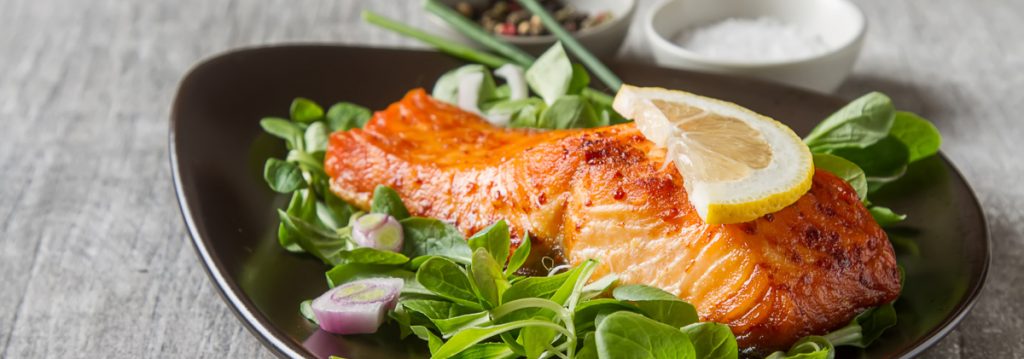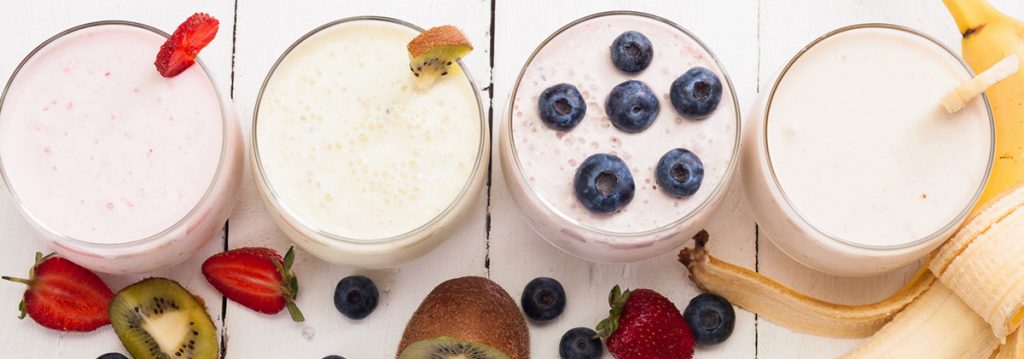When one does sports, well-dosed nutritional intake allows one to perform well and to recover well. What to eat before, during or after sport? Discover the good habits to adapt your diet to your physical activity during training and competition.
The basics of sports nutrition

The nutritional needs of an athlete are higher than those of a non-athlete. Understanding when to eat according to one’s physical activity allows you to optimize preparation, to reach better performances and to recover well.
By following these 3 basic principles, you will feel comfortable and fit during sport and you will limit the risk of feeling aches and pains after a session:
- Do not exercise on an empty stomach: low blood sugar levels cause hypoglycaemia, a protective mechanism in the brain that ensures you always have enough carbohydrates to function. It can cause dizziness, headaches or cravings, but can be easily avoided by eating breakfast a while before training.
- Do not exercise immediately after a meal: digestion mobilises a large part of the body’s resources. Eating just before doing sport is therefore not an ideal way to give the best of yourself during training or competition.
- Adapt your diet to your sports activity: according to your objectives, your physique, the sport you practice or the volume of training, you should balance the ratio between the calories consumed and those used up. Do this by choosing the ingredients you want to include on your menu.
Before and after sport: tips for eating well

Our answer to the question “ Should we eat before or after sport” is: both! Food serves to provide fuel to the body and also to compensate for the loss of minerals and nutrients during the session. All you have to do is discover the perfect time for your meal before and after your workout.
Eat before sport to improve performance
Before exercising, choose a complex carbohydrate intake: pasta, bread, cereals, or even lentils, quinoa or sweet potatoes in a gluten-free menu. If you eat breakfast before training in the morning, you can, for example, opt for muesli, accompanied by plain yoghurt and some fresh or dried fruit. Limit your fat intake, as it can make digestion more difficult.
Make sure you eat your last important meal at least 2 to 3 hours before exercise. That way, the body will have had time to assimilate some of the nutrients from your meal and you’ll be in great shape, ready to outdo yourself in your workout.
Eating after sport to recover
Once the session is over, the body needs to replenish its glycogen stores in the liver and muscles. Exercise also generates metabolic waste products, such as lactic acid. With perspiration, you have also lost mineral salts, such as sodium and potassium.
After a workout, rehydrate quickly, ideally with a recovery drink rich in minerals, proteins and vitamins in order to promote muscle recovery. Some have a high baking soda content or alkalising elements, useful for restoring the body’s acid-base balance. Wait one hour after the end of a workout before eating solid foods. Include proteins in your post-exercise snack or meal: an energy bar is ideal if you are not at home. Otherwise, some dried fruit with cereals and dairy products, perhaps accompanied by a little honey, will offer you an interesting snack before your next meal. Continue to hydrate regularly and in small quantities in the following hours.
Is it necessary to eat or drink during sports sessions?

Is it necessary to eat or drink during a competition? It all depends on the duration of the workout and its intensity:
- For a workout lasting less than an hour and a half: you don’t necessarily need to eat or drink, although keeping a bottle of water handy remains a good reflex.
- For a workout of 1.5 to 3 hours: isotonic drinks, also known as exercise drinks, make a good addition to your gym bag. Containing glucose and sodium, they are designed to hydrate the body very quickly. Drink regularly in small sips, about 500 ml per hour.
- For a workout of over 3 hours, consider taking a solid food in addition to regular hydration: cereal bars, fruit jellies, and compotes… Choose a convenient format to take with you.
To learn more about the composition of a sportsman’s diet, read our article on this subject!
Check out our Health & Fitness page for more advice.
